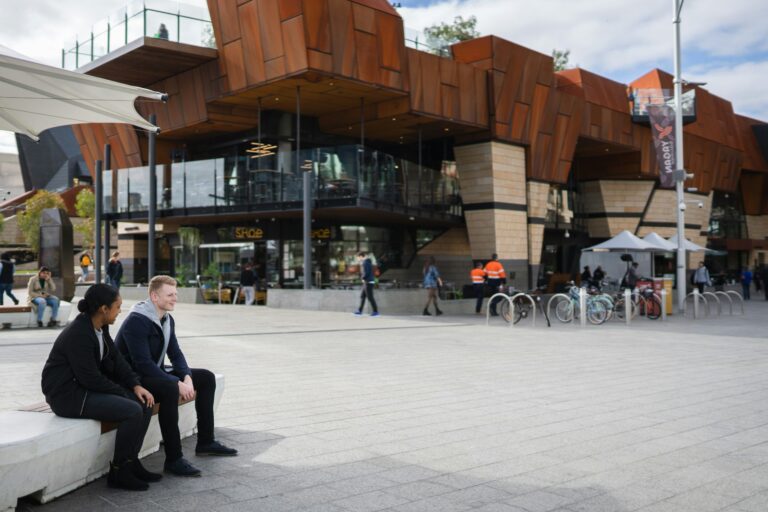An addiction to gambling affects not just the sufferer, but also those closest to them. Dealing with a spouse’s or significant other individuals gambling habits may be a terrible road for partners, packed with emotions of abandonment, financial pressure, and emotional stress. Gaining trust in such situations is one of among the most difficult components of recovery.
Gambling rehab is critical for people in terms of developing recovery and repairing connections. True reconciliation, however, necessitates work on the side of both that person seeking assistance and their spouse. This article looks at how gambling addiction affects relationships, how recovery can help, and what partners can do to regain trust and deepen their partnership.
Effects of Gambling Dependence on Connections
Gambling addiction are occasionally referred to as a “concealed addiction” because it does not exhibit the physical symptoms corresponding to substance usage. This opacity can lead to lying and secrecy, resulting in serious trust issues in partnerships.
Mental implications
The moment partners learn of their beloved one’s gambling issue, they typically feel deceived. Lies, secrecy, and unfulfilled promises can leave lasting emotional wounds. As partners confront the truth of the situation, they frequently experience feelings of rage, despair, and helplessness.
Fiscal Pressure
Dependence on gambling typically causes financial troubles, such as depleted savings accounts and growing debts. This instability in finances can put a strain on an emotional connection, especially if one spouse believes that their economic stability has been jeopardized.
Erosion of Trust
The secrecy and deception that frequently accompanies gambling dependence may generate a chasm of distrust. Many partners are most wounded by emotional dishonesty rather than cash losses.
Gambling rehabilitation plays an important role in restoration
Individuals suffering from a gambling dependency should seek rehabilitation as a first step. It gives them the resources and assistance they need to deal with the true roots of their addiction and create healthy coping strategies.
Addressing the Addiction
Gambling rehab programs in Brisbane and elsewhere are designed to help individuals understand their behavior and triggers. Cognitive-Behavioral Treatment (CBT) and groups sessions for counseling are prominent techniques to treating the psychological components of addiction.
Fostering transparency
Rehab promotes transparency and responsibility, both because they are critical for reestablishing trust. Programs urge people to accept responsibility for their acts and talk honestly with those they hold dear.
Providing Partner Support
Many rehabilitation clinics provide family and partner therapy services. These sessions provide an opportunity for both parties to vent their thoughts, resolve grievances, and strive toward a shared comprehension of how to recover.
Restoring belief: Strategies for Partners
Reestablishing confidence after an addiction to gambling is an ongoing endeavor that involves time, empathy, and work on both sides.
1. Acknowledge the Pain
It is critical for spouses to support their emotions and recognize the harm caused by addiction. Suppressing feelings or claiming everything is alright might slow the healing process. Honest and forthright interaction is essential.
2. Learn about addiction
Knowing gambling addiction & its emotional effects might assist partners in empathizing with their loved one’s troubles. Many rehabilitation programs provide tools or programs to help individuals understand the root cause of addiction.
3. Set Boundaries
Clear boundaries are essential for rebuilding trust. Individuals should identify what they require to feel reliable, whether it is complete financial transparency, regular check-ins, or involvement in treatment sessions.
4. Promote continued therapy
Rehabilitation does not mark the conclusion of the recovery process. Supporting your partner’s attendance at monitoring assessments, group support, or counselling will help them stay on track with their recovery.
5. Focus on Self-Care
Reestablishing confidence is emotionally hard, so individuals have to consider their own psychological well-being. Self-care activities, seeking assistance from colleagues or counselors, and allowing time to process feelings are all necessary steps toward healing.
A Life Without Addiction
Reestablishing respect after an addiction to gambling is a hard but manageable endeavor. Couples who receive the proper support, are committed to recovery, and maintain dialog can overcome the problems of addiction and build a better, more trustworthy relationship.
Gambling therapy in Brisbane provides a lifeline for not only individuals but also their families. These programs contribute to long-term rehabilitation and restored trust by addressing the underlying causes of addiction and promoting transparency.
Finally, repairing trust is more than just overcoming the past; it is about creating a future based on honesty, respect, and mutual growth.


